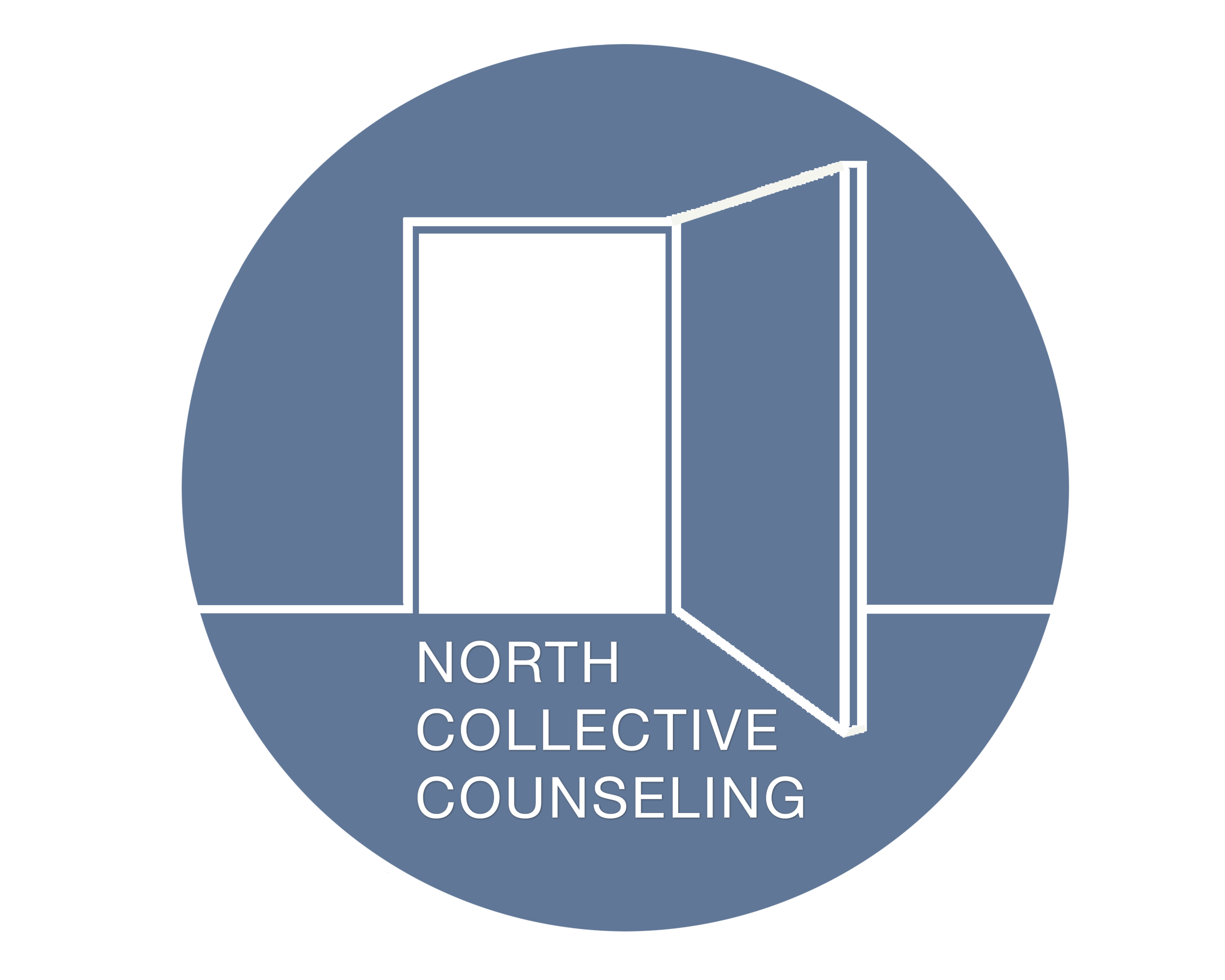The Badge of Busyness – Thoughts on Rest – Part 1
When I was in middle school I read the book The Red Badge of Courage. ‘Back in those days’ – yep, I’m old enough now to use that phrase, yikes! Anyways, back in those days we’d go to the school library and pick out something to read. I remember the word Courage grabbing my attention. The book is a classic and I’m sure I’d heard of it before but never read it.
It’s about a young man joining the Union Army during the American Civil War and his quest to be a courageous soldier. What’s the sign of a courageous soldier? Spoiler Alert – it’s a uniform with a patch of blood from a wound you received in battle – A Red Badge of Courage. Great, now you don’t need to read the book, kidding of course, it’s a classic worth reading. The young man desperately wants to prove his worth by earning his badge of courage.
That led me to wonder, what does that badge of courage look like today.
How do we prove our worth in this day and age?
I think I’d argue that some prove it through busyness. Nothing seems to reflect our worth or our importance more than telling someone how busy we are. It’s rare that someone is thought to be successful without it also being reflected by how ‘in-demand’ that person must be. On the job it shows how important we are – we have so many meetings each day or are working on so many projects. At school it shows in how many courses we’re taking or participating in so many clubs or playing so many sports. As parents we get our kids involved in so many activities and we brag to our friends about all the things our kids are doing and how impressive they are.
I am not here to make anyone feel bad about being busy or to say that it is bad to have a lot of things on our plates. For those who know me best, they know I have A LOT of things on my plate. Instead, however, I raise the question…
Do we place equal importance on rest, as we do with busyness?
As we live it feels like it gets easier and easier for rest to become a byproduct – something we do ‘when we have time.’ The argument usually is – I just have so much to do or I try to rest as much as I can, but it’s just hard to make that a priority. One of the scarier arguments I’ve heard is “Rest when you’re dead.” The fact is though, rest is important and it is essential to our well-being. If anything, the more we do, the busier we are – the more we need good rest.
Back in 2008 during the summer Olympics; one of the biggest stories was the emergence and dominance of Michael Phelps. Rarely could you watch TV during that time and not see a feature on him or hear a commentator discuss his dominance. He set record upon record and won an astonishing eight gold medals. Leading up to the Olympics, I remember reading and watching stories about his training regimen and the crazy amounts of food that he ate – at his peak eating 8000 – 10,000 calories a day. What made the biggest impact for me, however, was the emphasis that he and his team placed on rest. At his peak Michael Phelps slept 8-10 hours a night and took a 2-3 hour nap each afternoon. Rest was just as essential as training.
Now we could obviously make the argument that Michael Phelps is an elite Olympic athlete and therefore needs that much rest – this is true. If an elite athlete, however, recognizes the importance of rest to perform at their best, shouldn’t we also understand that being intentional with rest is of equal importance to perform our best at work, school or at home with our families.
When a baby or a young child is crabby we usually attribute it to them being hungry or tired. I’d dare to argue that we don’t change much as we get older. Rest is essential to optimal performance. This comes in the way of consistent quality sleep at night and can also come in the way of taking 20-30 minute power naps during the day. Some of the history’s most profound leaders and thinkers were also known to be avid nappers. This includes Winston Churchill, Albert Einstein, and John F. Kennedy to name a few.
If we need rest to perform at our best then we must be just as intentional prioritizing sleep as we are prioritizing work. Consider it the same way you might consider investing in your retirement account. It’s not the most efficient or optimal to take what you have left over from your salary and invest it. The most efficient and optimal way is to designate how much you want to save or invest and have it taken from your salary automatically and then allocate from there. What if we looked at rest with the same intentionality. What if we were to designate the amount of rest we’d like to get and then allocate our busyness from there. I would dare to imagine that we may set ourselves up for optimal performance.
A courageous soldier is not made from a Red Badge of Courage, just as a Badge of Busyness does not depict our worth or value. When we learn to prioritize rest as much as we prioritize busyness, then we can start to set ourselves up for optimal performance and a better life overall.

